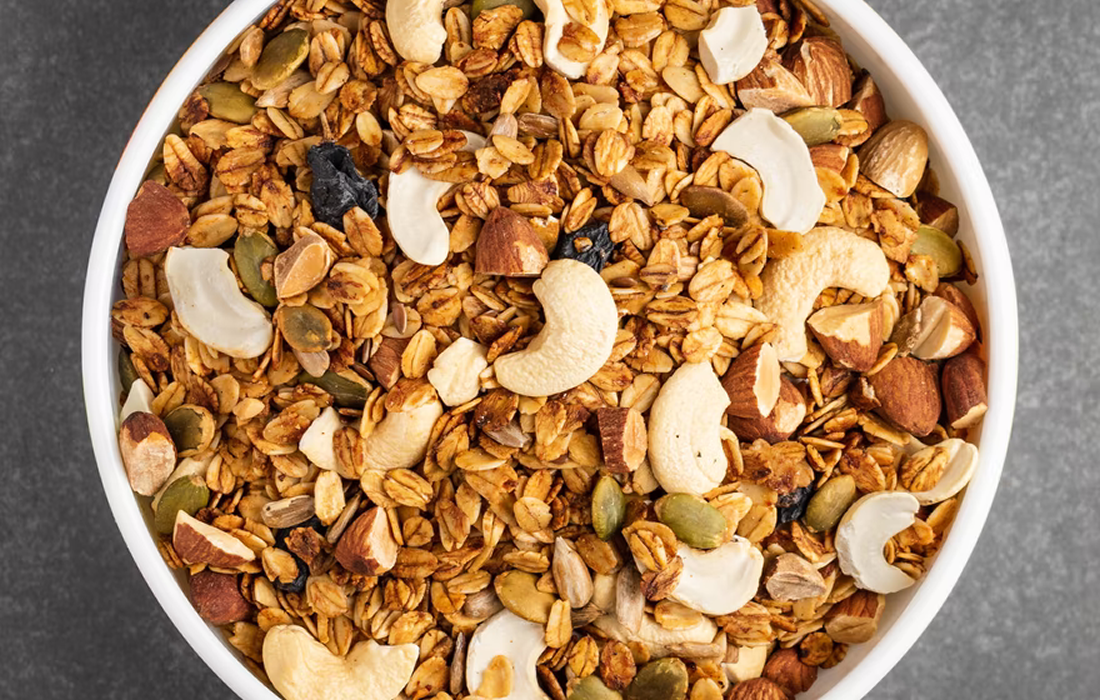Nutrition and Supplements
Dietary Fiber in Inflammatory Bowel Disease
Despite the progress in medicine, the etiology of inflammatory bowel diseases (IBD), which are primarily Crohn’s disease (CD) and ulcerative colitis (UC), still remains unclear. What is more, the incidence of IBD, especially CD, is still increasing and the highest rates are found in the industrialized countries.
It is believed that the disease process develops as a result of interactions of genetic, environmental, and immunological factors. Also, changes in the composition of the intestinal microflora are crucial in the pathogenesis of IBD.
Dietary fiber is an especially important component of the diet in the context of IBD. In 1973 a potentially protective effect of a high-fiber diet on intestinal disorders was pointed out by Burkitt when he worked in African countries and observed a low incidence of colon cancer and other non-infectious intestinal diseases among the inhabitants, whose diet was normally rich in dietary fiber.
What Have Clinical Studies Shown?
Many studies in experimental animal models of IBD have been conducted, evaluating the anti-inflammatory effect of different fractions of fiber. In most studies, the therapeutic effect has been linked with increased luminal production of short-chain fatty acids (especially butyrate) after the administration of appropriate sources of dietary fiber.
Human studies, such as one performed by Hallert et al, showed that supplementation of Plantago ovata husk may relieve gastrointestinal symptoms in patients with UC in remission. After 4 months of intervention, most of the patients from the study group (69%) reported alleviation of symptoms compared with a placebo-control group (24%).
Another study evaluated the use of inulin 24 g per day or placebo for 3 weeks in 20 patients with asymptomatic pouchitis. After the intervention, it was observed that the inulin supplementation resulted in a reduction of disease activity both endoscopically and histologically.
The current evidence indicates that dietary fiber has significant clinical benefits in patients with IBD and should not be restricted unless patients have strictures of the bowels.
Source:
Aleksandra Pituch-Zdanowska, Aleksandra Banaszkiewicz, Piotr Albrecht. The role of dietary fibre in inflammatory bowel disease. Prz Gastroenterol. 2015; 10(3): 135–141. Published online 2015 Jul 15. doi: 10.5114/pg.2015.52753
Image from:
Photo by ABHISHEK HAJARE on Unsplash

